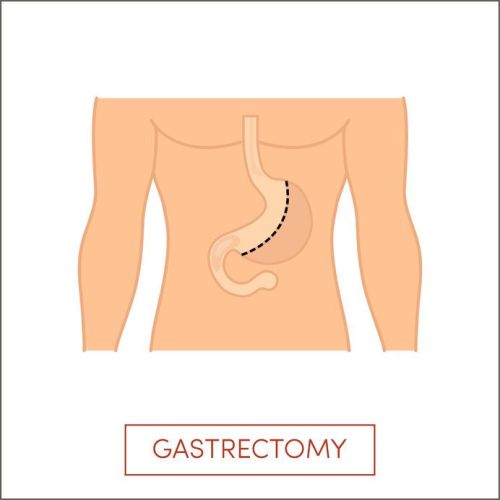<img class=”size-full wp-image-512 alignright” src=”https://weightlossandwellnesscenter.com/wp-content/uploads/2020/10/sleeve-gastronomy-is-safe.jpg” alt=”” width=”500″ height=”500″ />
The issue of obesity is fast becoming a serious concern for most people throughout the world. In fact, over 31% of adults are obese. In a bid to reduce weight, many people turn to bariatric surgeries when other forms of weight loss practices have failed to yield meaningful results. Also known as <a href=”https://weightlossandwellnesscenter.com/surgical-weightloss-solutions/sleeve-gastrectomy/”>sleeve gastrectomy</a>, gastric sleeve is a weight loss procedure that involves incisional removal of 80% of the stomach to reduce the amount of food intake. However, this procedure comes with its dangers, some of which might even lead to serious complications. This article looks at some of the dangers of gastric sleeve surgery.
<ul>
<li><strong>Malnutrition</strong></li>
</ul>
Gastric sleeve surgery for weight loss works by reducing the larger part of the stomach, which in turn reduces the amount of food intake. The patient usually takes about less than a cupful of food, compared to before when they could take a plateful of food. The incision removal of the larger part of the stomach also means that the amount of time food stays in the stomach and small intestines are drastically reduced. This leads to less absorption of vital nutrients into the body and may lead to malnutrition. Usually, it is corrected by administering nutritional supplements, failure to which the patient might suffer from nutritional deficiency diseases.
<ul>
<li><strong>Hernia</strong></li>
</ul>
Due to the incision, some patients usually develop a hernia at the area around the incision, something that could cause lots of discomfort in the stomach. It usually forms years after the surgery and is rectified through a laparoscopic surgery.
<ul>
<li><strong>GERD</strong></li>
</ul>
GERD stands for gastro esophageal reflux disease. Because of the reduction of the stomach size, most patients develop this disease that comes with the feelings of bloating, fullness in the stomach, nausea and sometimes vomiting. It is sometimes characterized by some discomfort in the stomach that is caused by the drastic reduction of the amount of food intake, something that stomach was not used to. Doctors administer medication to help rectify this problem.
<ul>
<li><strong>Intolerance to Some Foods</strong></li>
</ul>
After the surgery, most patients develop intolerance to some foods because the stomach no longer has the vigor to digest them like before. The other reason for this could be in the fact that most absorption of nutrients does not take place since food bypasses the larger part of the small intestine. To prevent this, your nutritionist recommends that you eat only certain foods and in stages, starting with pure liquids. You then progress to soft liquids and pureed foods in that order. Before progressing to the next type of food, your doctor will examine your tolerance to the previous type of food.
<ul>
<li> <strong>Gallstones</strong></li>
</ul>
Gallstones are small deposits of calcium salts in the gall bladder. It is formed because of too much bile in the liver and it causes some abdominal pains especially when someone eats foods rich in fats such as fries. It is not known what causes gallstones but it is a common side effect with most bariatric surgeries, and gastric sleeve is not an exception. In gastric sleeve patients, it may be explained by the inability of the stomach to digest most of the cholesterol. Study findings show that gallstones are common with most over 40-year-old Caucasian obese females. It is rectified by removing the gall bladder through a type of surgery known as a cholecystectomy.
<ul>
<li><strong>Stomach Obstructions</strong></li>
</ul>
Removal of the larger part of the stomach can lead to the narrowing of the outlet of the stomach, a condition known as stenosis. It makes it difficult or completely impossible to digest food. A surgeon is the only one that can rectify this complication by either stretching or fixing the remaining part of the stomach that has become narrowed.
The biggest fear amongst most gastric sleeve surgery patients is not even the side effects, but the fact that it bears less weight loss than their expectations when compared to other types of bariatric surgeries. As much as gastric sleeve surgery is effective, it is not just meant for anyone. It is only meant for obese individuals who have a BMI of 40 and above, where other forms of weight loss have not borne any meaningful results. You must go through an extensive vetting process to ascertain that you do not have underlying issues that might pose a risk to your health. You must also adhere to specific dietary guidelines to prevent the above-discussed risks and side effects. You must also look for a highly experienced and certified surgeon to prevent the possibilities of complications.


